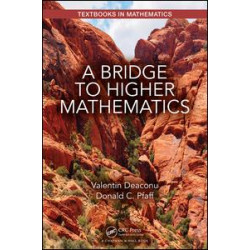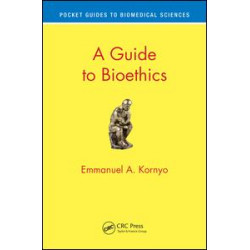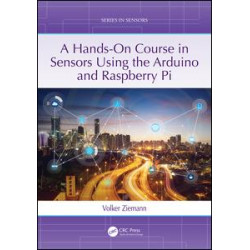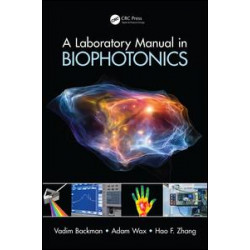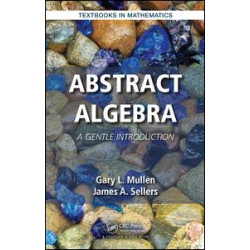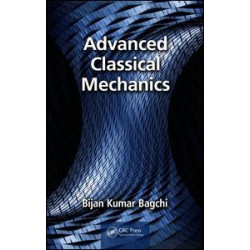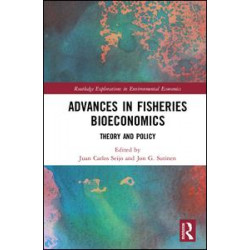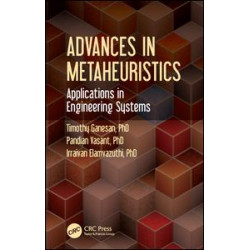
The Victorian era heralded an age of transformation in which momentous changes in the field of natural history coincided with the rise of new visual technologies. Concurrently, different parts of the British Empire began to more actively claim their right to being acknowledged as indispensable contributors to knowledge and the progress of empire. This book addresses the complex relationship between natural history and photography from the 1850s to the 1880s in Britain and its colonies: Australia, New Zealand and, to a lesser extent, India. Coinciding with the rise of the modern museum, photography’s arrival was timely, and it rapidly became an essential technology for recording and publicising rare objects and valuable collections. Also during this period, the medium assumed a more significant role in the professional practices and reputations of naturalists than has been previously recognized, and it figured increasingly within the expanding specialized networks that were central to the production and dissemination of new knowledge. In an interrogation that ranges from the first forays into museum photography and early attempts to document collecting expeditions to the importance of traditional and photographic portraiture for the recognition of scientific discoveries, this book not only recasts the parameters of what we actually identify as natural history photography in the Victorian era but also how we understand the very structure of empire in relation to this genre at that time.






